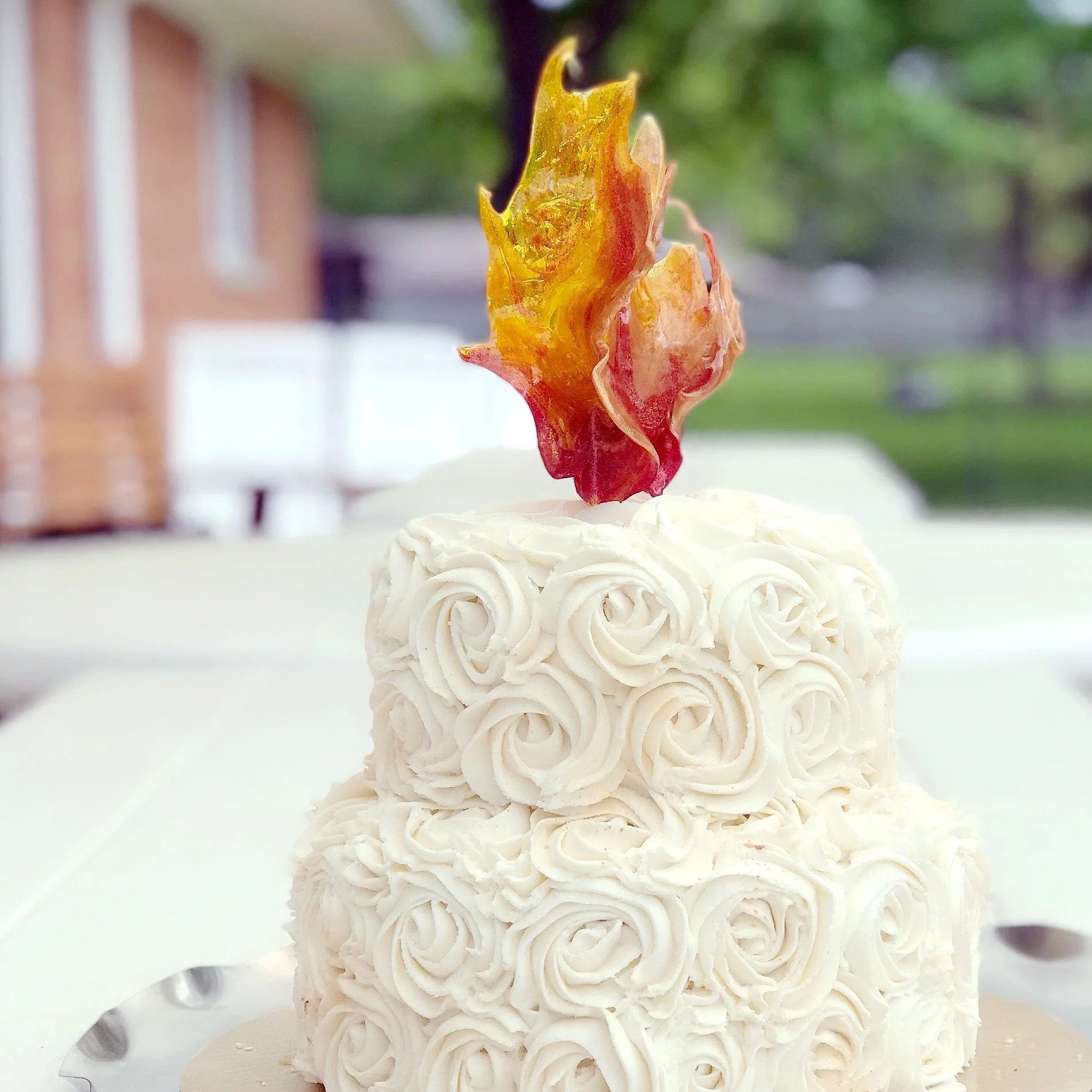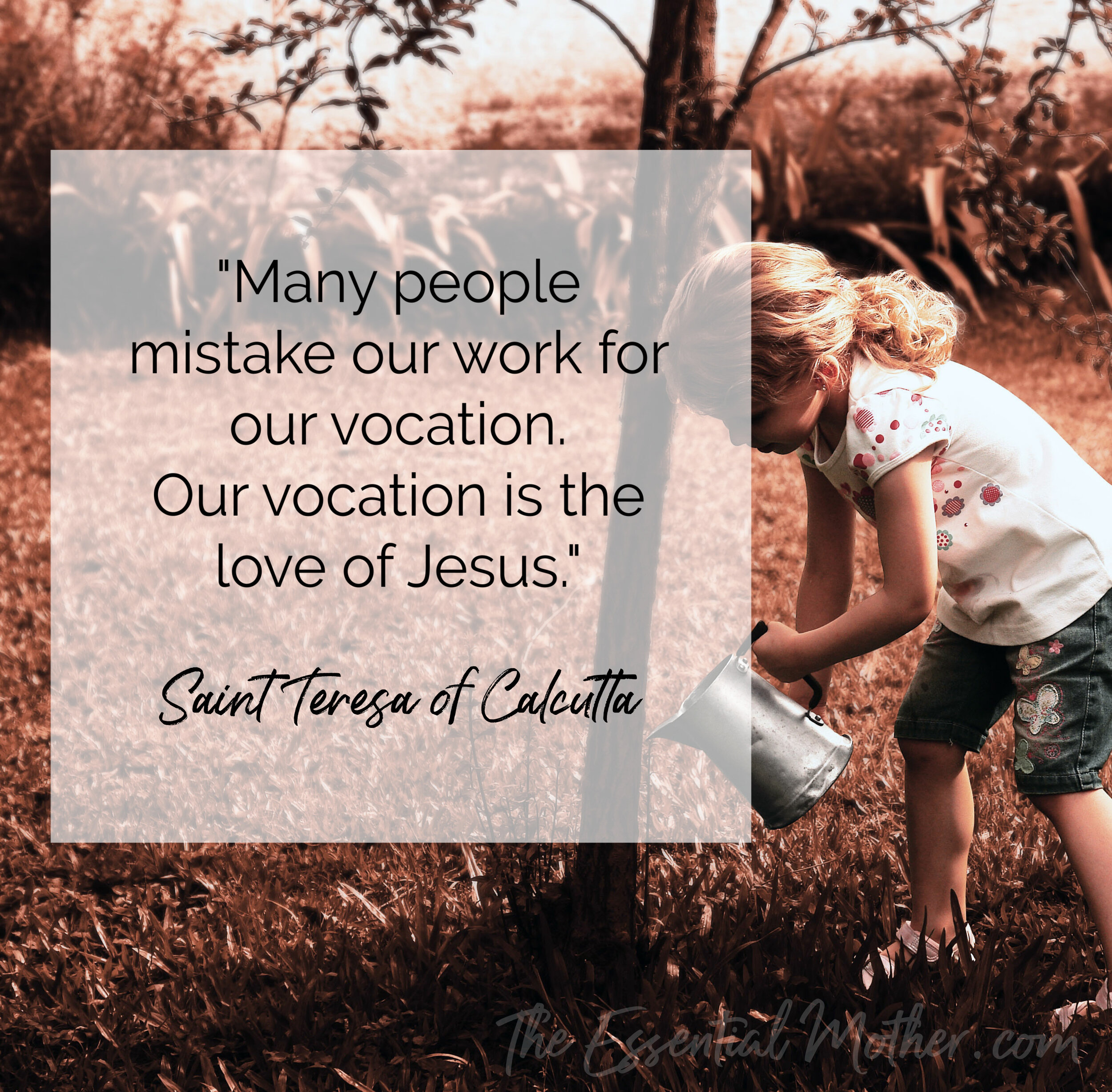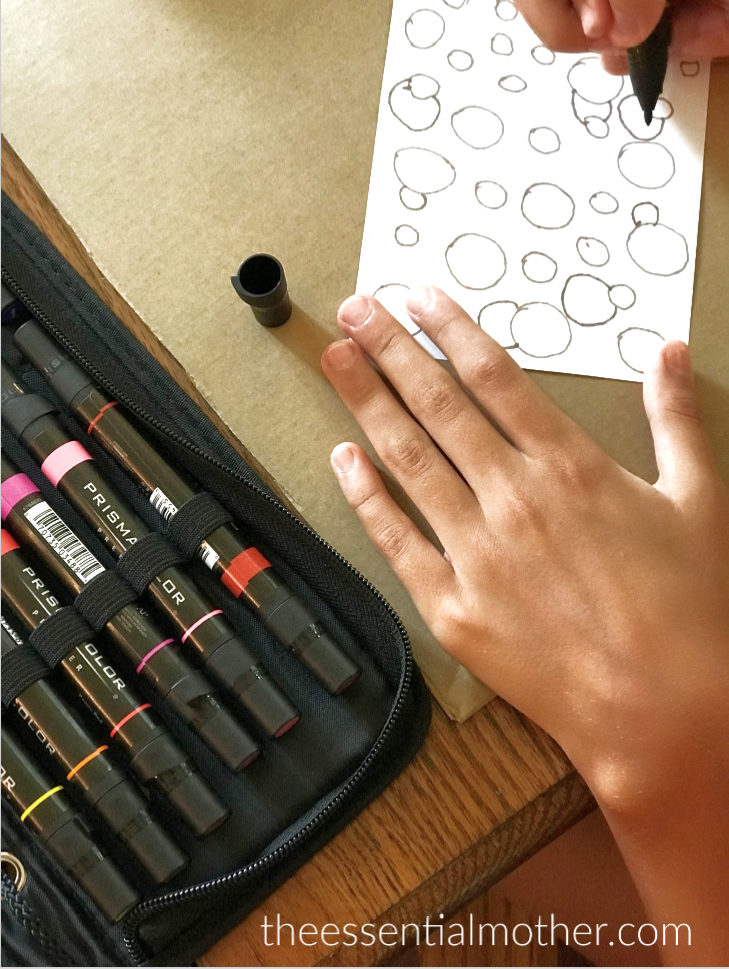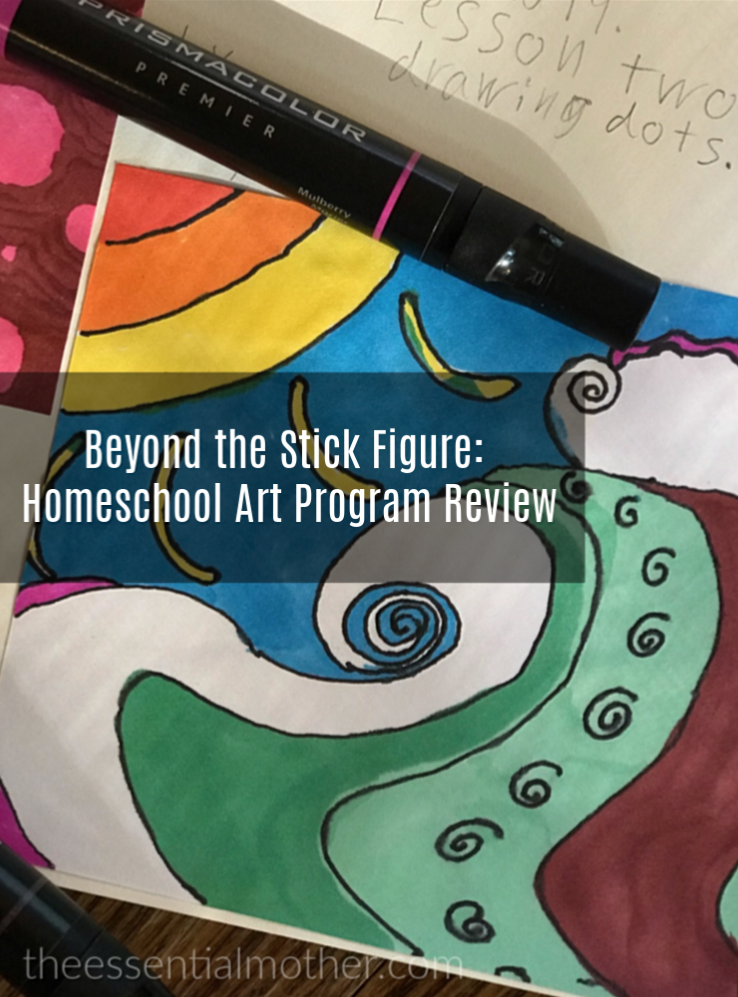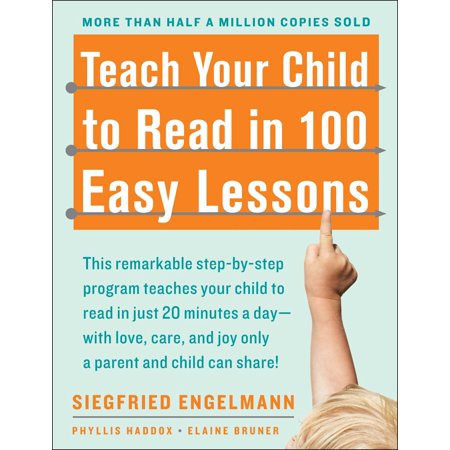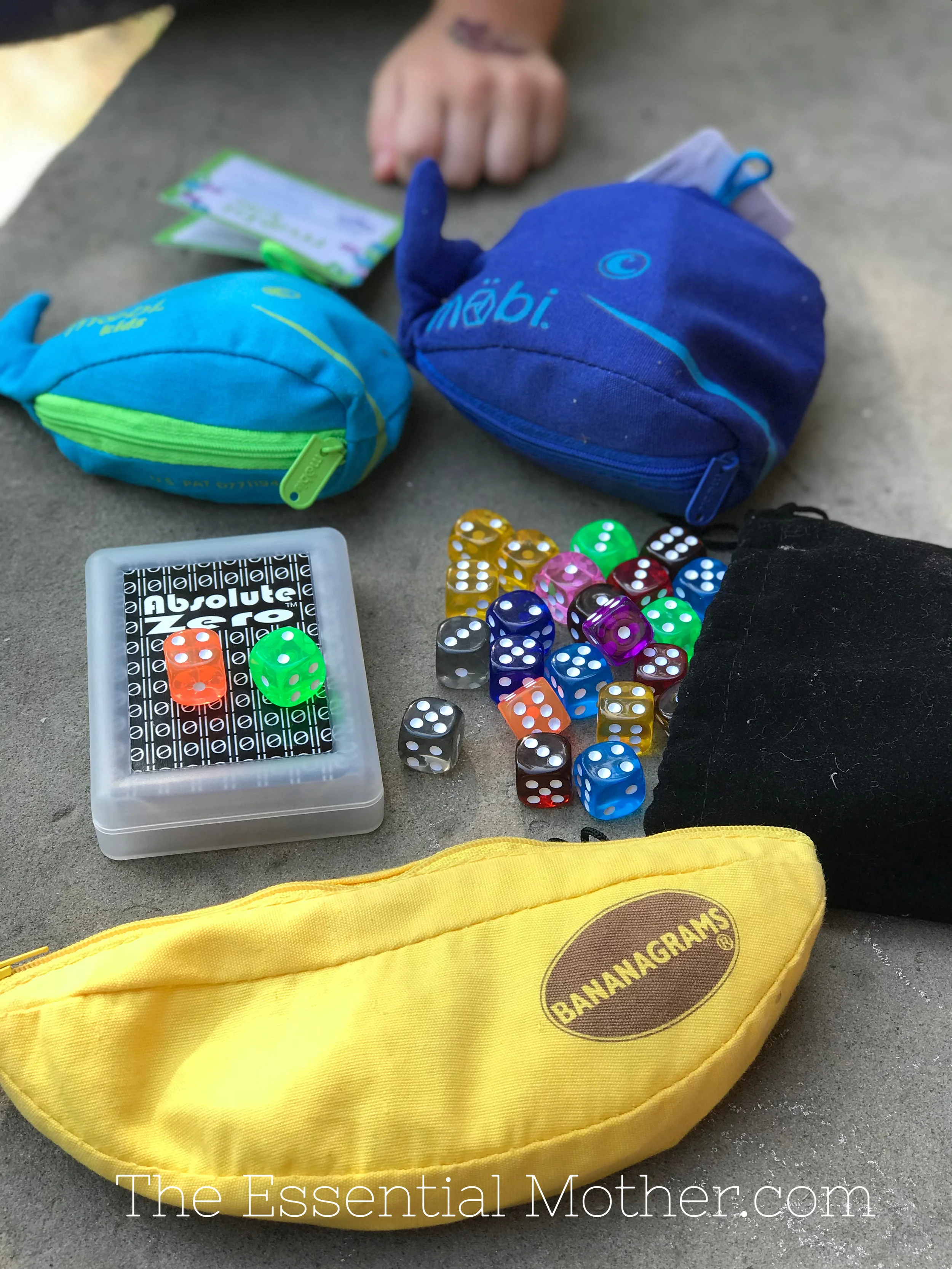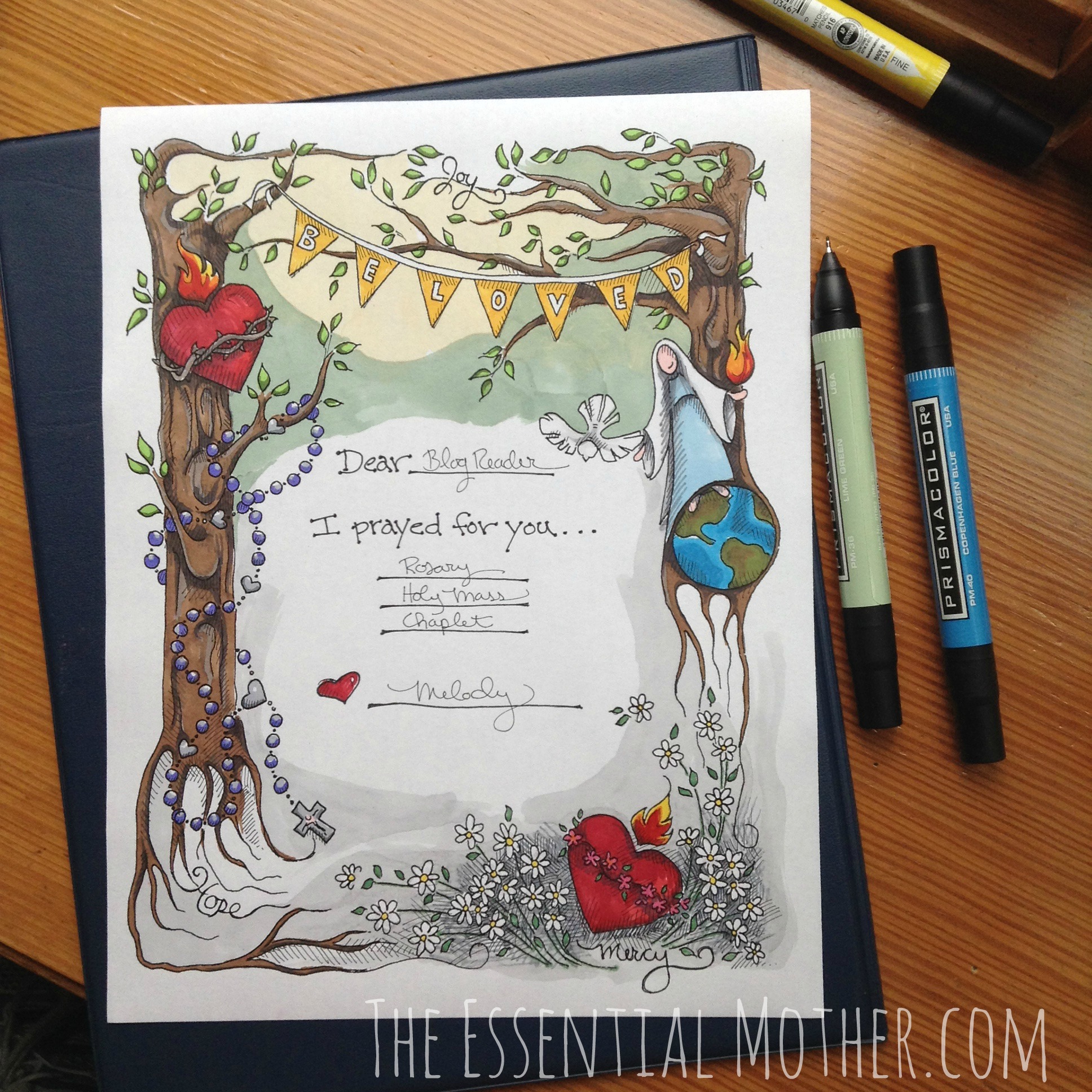The Hard Truth About Raising Catholic Teens
/Everyone tells you not to blink... because your kids grow up that fast. What people fail to point out (because they are probably just being polite) is that while our kids are applying for college (about 5 minutes after you changed their last diaper), you are getting OLD. I ought to know. I've leveled up to being a mom of four adult children with four younger kiddos hot on their heels… and I recently became a grandma.
The point of this post is not to highlight the ways in which I feel the strain of having slipped deeper into my 40s; it is about the changes that I have seen in my 25 years of motherhood. How culture has changed. How I just never expected it to, especially within the Church, and why it's important for young (and middle and old) parents to know.
When I was a young mom, there were a lot of little families like ours, praying rosaries and boycotting Disney and talking about modesty while our kids played. We chatted about homeschooling and which curriculum we were using, and had All Saints' Day and St. Valentine's Day parties at which we actually prayed together.
As the years flew by, our lives have changed (mostly because our children have grown) and we have had to decide how to respond to the pressures of the culture. I'm not going to sugar coat. It gets messy in both families and communities. Soap opera level messy. It isn't really enough to go to daily Mass and pray the rosary and bake feast day cakes. I'm not saying that Jesus isn't enough. Just that, as parents, we are not enough.
Let me explain…
We can pass on the faith to a point, but we can never force a soul to receive it. A child has to develop that relationship with Jesus and begin to personally embrace and love His Word. Otherwise, all those hours of family adoration are just one-sided and our tallest kids might be approaching the Eucharistic table unworthily, with hardened hearts, and a growing antagonism toward the things of God.
We don’t know what is going on in their hearts.
I have spent my motherhood pondering the secret to passing on the faith; to presenting it in such a way that it is more inviting than all the attractions of the world. Personal prayer is essential, but it must be accompanied by heroic actions that allow Christ to work strongly within a family and keep the lures of the world at bay. My motherhood demands sanctity. My vocation is made for it. It is not my job to mold my children into saints. It is my job to give them every opportunity, motivation and protection to allow them to say yes to Jesus. Then He is the one who will make them saints. I am a rough work in progress.
If we are to raise up a new generation of faithful Catholics, we have to start turning our American Catholic cultural ship around. How do we do that? I have a few ideas…
1) PAY ATTENTION TO A SHIFTING CULTURE
First, I see that the trend in Catholic families has shifted in the last 20 years. Instead of encouraging each other to keep the culture of death at bay, exhorting one another to practice heroic virtue, and helping to keep each other accountable, many are falling into the mindset that we can have our cake and eat it, too; that we are so secure in faith that the music, media, movies, books, clothes, and lifestyle we consume will not harm our ability to keep Jesus at the center of our lives.
My perspective as a mother of teens is that it is hardly possible to keep the secular culture from consuming the hearts of our children if we do not stand up and deny it entrance to our activities and homes. That post is bigger than I'm able to write, but I'm living it and I want to give you that warning. Jesus promised us we would be persecuted for righteousness sake. If you are not feeling that pressure as a Catholic parent, I guarantee you that you are doing it wrong.
2) IDENTIFY OBSTACLES TO GOODNESS
My second point is actually a short list of the primary means through which a culture of death reaches our children. Before you denounce me as Puritan, examine your family culture for holes. Go through your kids' phones and rooms and your own and ask: Do these influences honor and glorify Christ?
PEERS - It is my opinion and experience that this is the single biggest contributing factor to the loss of faith in our young. If your kids are not homeschooled, your immediate obstacles are greater than mine in this regard, but homeschoolers are not shut off from the world. Negative peer influence can have a profoundly damaging effect. Don't underestimate it. It sometimes happens that bad kids will change for the better because of your good kids, but human nature being what it is, that is not the typical result. St Paul reminds us in 1 Corinthians 15:33… “Do not be deceived: ‘Bad company ruins good morals.’'
MUSIC - Music is a powerful force on our minds, bodies and souls. If our kids listen to music, they are being mentored and formed by it. Pretty much every kid listens to music... so how are their choices forming them? Most pop culture music teaches them to accept (even passively) a culture of death.
Do not be conformed to this world but be transformed by the renewal of your mind, that you may prove what is the will of God, what is good and acceptable and perfect. (Romans 12:2)
INTERNET - Oh, heaven help us. I don't have the answer to the problems this marvelous beast creates. Let me just say that there is no such thing as "moderate" internet access. The door is either open or it isn't. I am not impressed by security features and whatnot. Eventually, the door opens, often even before we realize it has. And then you'd better be a praying mama who isn't afraid to lose household popularity.
MOVIES/TV - The kids are learning. Absorbing everything. Do we teach them God's commands and then undermine it with garbage on the screen? They learn quickly that we don't really mean what we say. We are hypocrites if we don't live out our love for Christ by setting proper boundaries for ourselves and our kids. They see everything. If we normalize sin by our viewing habits, we should expect them to imitate what we have taught them through that example.
BOOKS - Fifteen years ago, moms I knew were banging on the doors of the local Catholic school wanting to know why trash was in the school library. That rarely happens anymore. We have lost our collective identity, our sensitivity, and our nerve. Also, saying “I'm happy just to see them reading something” is like saying “I’d rather that they ate rat poison than nothing.” We can do better.
3) DISRUPT THE ENTRENCHED PATTERN OF BAD CATECHESIS
Younger families, please pay attention, because you don't know yet what a difference the next decade will make in the life of the Church and you should be prepared for the sake of your kids...
My generation, the JPII generation... has failed to properly catechize younger Catholics.
We thought we had it all together and that our kids would catch the same fire we had. We thought we had fixed the errors of our parents' poorly catechized upbringing and that we would do it differently with our own kids… and then they would fall in love with the Church just like we did. Some of us still believe that is what is going on. Perhaps it is in small pockets around the country. But the broader truth is not as pretty.
We are now seeing a new generation of failed catechesis. Worse than the one before. Because let's be honest, the ones who poorly formed us (before we caught Holy Fire) are still teaching... and they taught the teachers... who teach our kids. And us? We are still working through our own limitations, especially if we had later conversions or were poorly catechized ourselves. We too heavily rely on a support system that has not fully recovered from a near death blow. The ship is full of holes but we just cheerfully keep repainting the hull.
Many of the young people I am seeing grow up in the Church (who fill our youth groups and Catholic colleges) can be marked by a defining characteristic: Their faith is shallow.
They love being Catholic while it serves them. They appear devout and attend youth group and go to Steubenville conferences every year. They go to all 42 chastity talks put on by their church and school. But they aren't really living the moral teachings of the Church. And if they are, they drop it as soon as it is no longer convenient. They are becoming the next generation of cafeteria Catholics, with a minimal understanding of what it means to pursue virtue and almost no understanding of a real spiritual life…
And they have a lot of people completely snowed, including their youth group leaders, their priests and their parents. This does not exclude homeschoolers. In fact, homeschooled kids with wandering hearts are often exceptionally good at playing the role of dutiful child.
I'm generalizing. Obviously. But, by virtue of being a mother of teens and young adults, I have unwittingly entered the drama of youth and I'm going to be very blunt here about what I see. It is difficult beyond what I imagined to find holy friendships for my teens; friendships where there is a mutual effort towards sanctity and faithfulness. I thank God for the blessing of friends in my children's lives but it does not look at all like I thought it would. I thought it would be somehow... bigger. I thought there would be more families who would stay in the fight. Who wouldn’t fall to the lures of the world, porn, infidelity, radical agenda, and battle fatigue.
I thought my kids would be perfect. I thought I could make it happen. It turns out I don’t have that much power over anything.
So I'm getting older. And part of my oldness is that I don't care nearly so much about what other moms are doing anymore because I'm just busy fighting like heck for the souls of my children and climbing my own mountains. I was that mom who thought MY teens would be different. And they are. I have good kids who I love and like (well, usually). But it’s not what I thought it would be at all.
When young moms publicly share their struggles with having multiple small children and their deep desire to just get a shower and a few hours sleep, and about reading Green Eggs and Ham for the hundredth time while all the kids are crying at once and the baby pees in her lap and the toddler accidentally swallows the miraculous medal he ripped off her chain... well, I secretly kind of wish I had those days back with my older kids. If I did, I would do some things differently…
I would slow down. I still have little ones around me but it's different now and I can't really ever go back to that treasured time. Time is flying and we are getting older. It is a breathtaking, exhilarating, beautiful adventure. And wow... I just wish I had been a little better prepared.
To all you young families who are relying on your Jesse Trees and daily rosaries to get your kids to heaven, I have hard news for you. There will come a day when your best weapon will be your knees hitting the cold floor. Like a reality game show where you create your masterpiece going a mile a minute and then the buzzer sounds and... hands up!... done. Whatever you left undone remains undone. And you start learning a few more things about prayer and long suffering. Because your kids have free will. And the culture is a devouring lion. Do what you can now to instill not only a solid liturgical rhythm in your home, but also a strong culture of Christian mission. Of radical discipleship.
Does it honor Jesus? No? GET RID OF IT. Tell your kids why. And build them an alternative that outshines the allure of sin.
I'm not writing just to rant for others. I'm writing for selfish reasons. Because I need a Catholic community that is courageous in virtue and radical in discipleship to catch my kids when they step out of the nest. I am an imperfect mother and long for support. I am not content with what exists right now. We were made for something greater.







